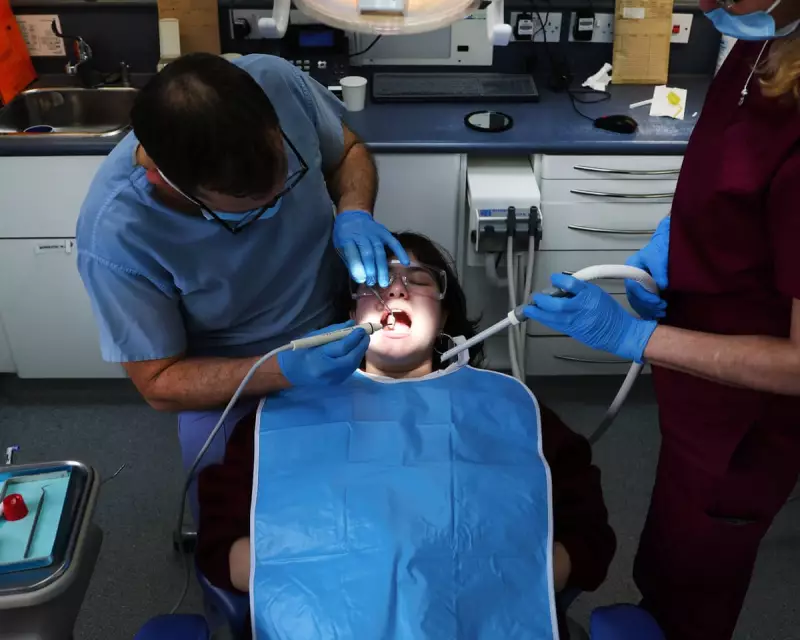
Beyond the Tooth: The Systemic Health Benefits of Root Canal Treatment
For those facing the prospect of a root canal, new research from London offers a compelling reason to see the procedure in a more positive light. A significant study has found that successfully treating a root canal infection can yield health benefits that extend far beyond the mouth, including markedly lower blood sugar levels and improved heart health markers.
A Two-Year Study Reveals Significant Improvements
Researchers at King's College London followed 65 patients from Guy's and St Thomas' NHS Foundation Trust for a period of two years after they underwent root canal treatment. The team conducted detailed blood analysis before the procedure and at four subsequent points to monitor changes in how the body processed sugar, fat, and other substances.
The findings, published in the Journal of Translational Medicine, were striking. Patients saw their blood sugar levels fall significantly over the two-year period. This suggests that eliminating the problematic bacteria from a tooth infection could help protect against the development of type 2 diabetes.
Beyond blood sugar, dentists observed substantial improvements in patients' cardiovascular health markers. These included better blood cholesterol and fatty acid levels. Furthermore, markers for inflammation—a key driver for cardiovascular disease and other chronic conditions—were also reduced following the dental procedure.
The Mouth-Body Connection: A Gateway to General Health
Dr Sadia Niazi, a senior clinical lecturer in endodontology at King's College London and an author of the study, emphasised the critical link. "Our oral health is connected to our general health," she stated. "We should never look at our teeth or dental disease as a separate entity."
The science behind this is clear. Long-standing tooth infections allow bacteria to enter the bloodstream. Once circulating, these microbes can increase systemic inflammation and impair the body's ability to regulate blood sugar. The research demonstrates that root canal treatment does more than just resolve a localised infection; it has measurable, positive effects on the entire body.
According to a 2024 public health survey, more than a third of adults in England have had a root canal, with the figure rising to 50% for those aged 55 to 74. In the United States, over 15 million of these procedures are performed annually, highlighting the potential widespread impact of these findings.
Dr Niazi's advice is unequivocal: "People must understand that your mouth is the main gateway to your general health, so looking after your oral health and doing regular checkups with your dentist and getting disease treated early is the best course of action."
A Global Health Imperative
The implications of this research are profound on a global scale. The World Health Organization estimates that a staggering 3.7 billion people worldwide live with untreated oral disease. Given the new evidence of the broader health impact of tooth infections, the study authors argue that oral health must be integrated into a patient's overall healthcare strategy.
This study comes hot on the heels of another UK trial from University College London, which found that treating severe gum disease could prevent arteries from becoming clogged, thereby reducing the risk of coronary heart disease and stroke. Dr Marco Orlandi, the co-principal investigator of that trial, stated that gum disease should now be considered a "non-traditional risk factor" for clogged arteries.
Together, these studies provide powerful evidence that investing in dental health is an investment in one's entire wellbeing, potentially staving off some of the world's most prevalent and serious chronic diseases.






